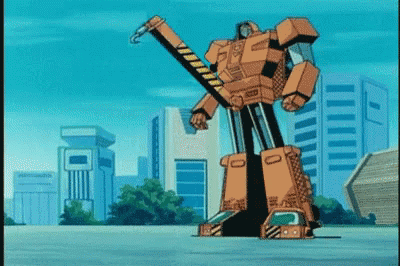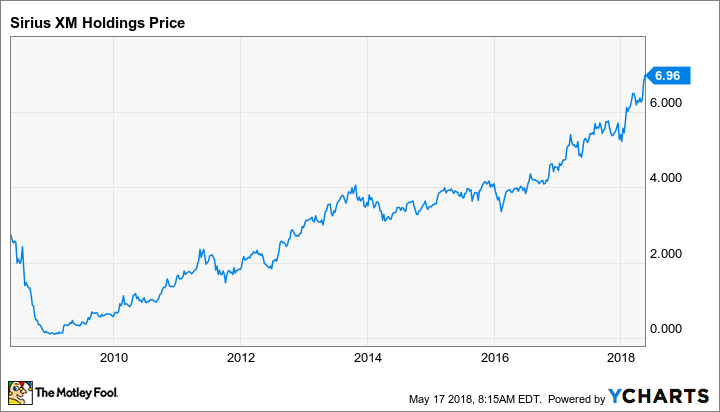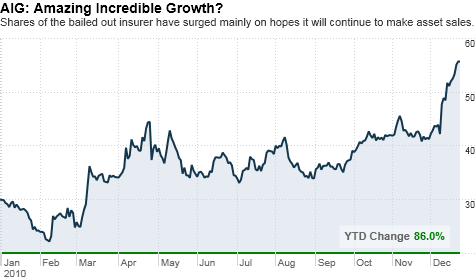Not at all surprising...
‘The Big Short 2.0’: How Hedge Funds Profited Off the Pain of Malls
As the pandemic accelerated the demise of some brick-and-mortar retailers, a group of investors profited handsomely from their travails.
Social distancing rules during the pandemic have thinned out foot traffic at malls, including the Galleria Dallas.Credit...Nitashia Johnson for The New York Times
By
Kate Kelly
- Aug. 24, 2020, 5:00 a.m. ET
Catie McKee was nervous. It was last October, and the 31-year-old hedge fund analyst, who had been scrutinizing the mortgages on the nation’s malls, was convinced that some of those malls would default on their loans. She and her colleagues had even bet a substantial amount of money on that likelihood.
Ms. McKee was about to make her case to Carl Icahn, one of the country’s best-known investors, who had made a similar wager and invited her team to discuss the trade. Nothing would bolster her confidence — and the prospects for her trade — more than if the billionaire and onetime corporate raider backed her up.
She needn’t have worried. As Ms. McKee sat in Mr. Icahn’s wood-paneled boardroom with a sweeping view of Manhattan’s Central Park, discussing her thesis with the 83-year-old investor, she realized they shared the same outlook. Both agreed that e-commerce, changing consumer habits and evolving demographics had pummeled all malls to some degree in recent years, but some were far worse off than others. So by betting on their demise, both could profit handsomely — which they did.
Mr. Icahn, whose hostile takeover of TWA in the 1980s established him as a major dealmaker, has
made $1.3 billion on the trade since that meeting. And the investors that made the trade within Ms. McKee’s firm, MP Securitized Credit Partners, more than doubled their money. They are among a handful of investors who have, collectively, made hundreds of millions of dollars on similar trades this year.
Read entire article here:
‘The Big Short 2.0’: How Hedge Funds Profited Off the Pain of Malls








